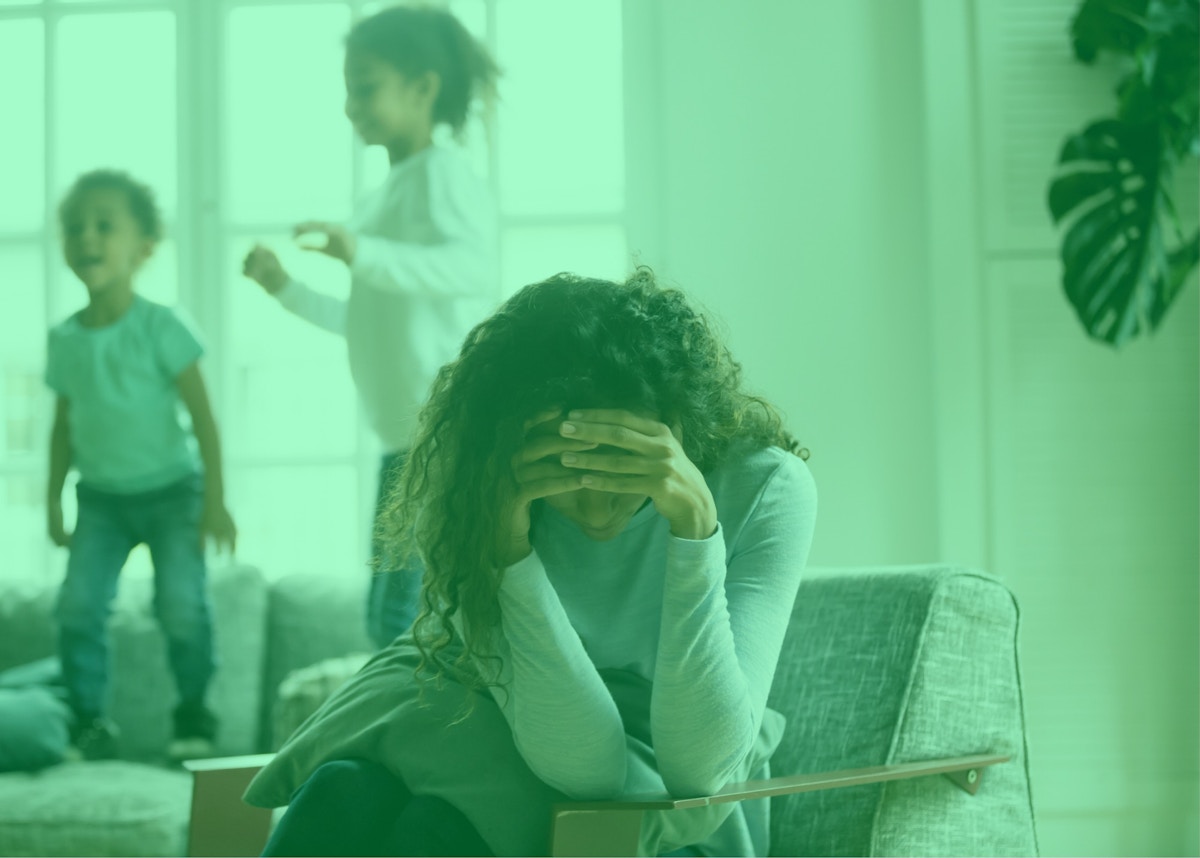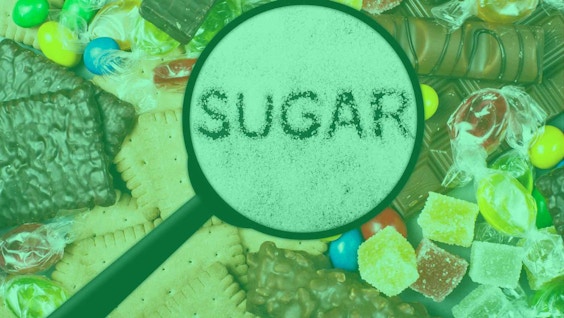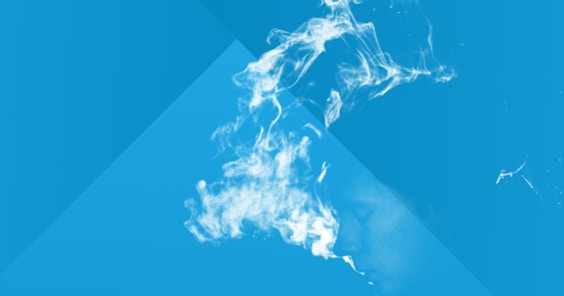
Are You Triggered? Navigating the Most Common Drug Addiction Triggers
Last Updated: Tue, January 23, 2024If you are currently in drug addiction recovery, you are probably having to face your drug addiction triggers head-on. This can be difficult since a trigger can be just about anything, depending on your addiction and your environment. It’s important to identify your triggers and understand how to navigate them or avoid them altogether to avoid relapsing. In this article, we will be discussing the most common types of triggers that you need to watch out for.
Environmental Triggers
No matter what addiction you have had in the past, there are going to be specific triggers that you have to be careful around. There are different classes of triggers, and some people are more vulnerable to specific ones depending on their situation. A good example of this is environmental triggers, which are extremely common for people in recovery.
Environmental triggers are addiction triggers that come from external factors around you, such as your home life or the kinds of social settings you are around. A good example of an environmental trigger is a specific location where you used to do drugs that brings up past memories. For somebody who struggles with alcoholism, an environmental trigger may be something like bars or friend groups who they used to drink with. The good thing about environmental triggers is that once you identify them, you can avoid them in most aspects of your life. To do this, you may need to avoid going to certain places or hanging out with certain family members or friend groups.
Keep in mind that environmental triggers can be a little tricky since they cover such a broad spectrum. For instance, an environmental trigger could also come from a movie or TV show depicting drug use. Because of this, there are some instances where you may not be able to avoid all environmental triggers before they happen.
Emotional Triggers
Another prevalent type of drug addiction trigger is emotional triggers. These are very common when you are in recovery since this is often a very emotional time for people as they are confronting many aspects of their lives. Many people turn to drugs to cope with emotional needs, and you will have to face these emotions head-on when you are staying clean.
Emotional triggers often come in the form of stress, anxiety, or depression. Many people experience these emotions when they feel overwhelmed by life or stressed out from a specific situation. You may also struggle with feelings of loneliness or isolation if you do not have a strong community around you. Life is full of highs and lows, and you will have to learn how to deal with these fluctuations without abusing different substances.
Behavioral Triggers
You most likely developed a variety of harmful behaviors when you were struggling with your drug addiction. Unfortunately, these behaviors can follow you into recovery if you aren’t careful. These are often considered to be behavioral triggers that can increase your risk of relapsing.
Behavioral triggers are usually the direct result of certain behaviors you have that increase the risk of relapsing. A very common example of this is having too much time on your hands or feeling lonely or bored. You may also have unrealistic expectations and goals for yourself that set you up for failure in your recovery. Because of the nature of behavioral triggers, they can often overlap with emotional triggers as well.
How to Identify Drug Addiction Triggers
Now that you know what triggers to look for, it is crucial to understand what triggers you are specifically more inclined toward. To properly prepare and plan for navigating these triggers, you need to first identify where they are coming from and which ones are the most high risk.
The Source of Addiction
For most people who have struggled with drug addiction, this addiction took place for a specific reason. You may have started dabbling in drugs to cope with emotional stress or trauma that you were not confronting. Or you may have done this so that you could find a community of people instead of feeling isolated. No matter the source of your addiction, this is going to give you insight into the type of triggers you have to watch out for. For instance, you will need to find healthier ways of coping with your emotions and past trauma with options like journaling or seeing a therapist.
Previous Relapses
It is not uncommon for people in recovery to have multiple triggers that they have to watch out for. But for most people, there are specific triggers that stand out and create the most risk. You may have a specific trigger that has caused you to relapse in the past, and this is something you most likely want to avoid at all costs. A good example of this is putting yourself in situations where the temptation to do drugs is too much for you to cope with. You will want to avoid these high-risk triggers and have a community of people around you who can help to hold you accountable.
Conclusion
The process of recovery is a long journey that doesn’t have any real ending since there will always be triggers in your life. Because of this, it is important to learn how to navigate common drug addiction triggers so that you can still live a fulfilling life. To do this, you need to identify whether you have environmental, behavioral, or emotional triggers. You also want to understand where these triggers are coming from and which ones are the hardest to ignore. You may have to make significant lifestyle or social changes to remove yourself from the most prevalent triggers.
It is impossible to avoid every trigger in your life, but you can be prepared for them so that they are less tempting. You should have safety measures in place during recovery, such as having a community to hold you accountable, attending therapy sessions, and practicing mindfulness. Remember, there is no shame in putting boundaries in place throughout your life to protect yourself from triggers or asking for help when you need it.
I Am Sober is a free app that helps you get some control back in your life.




